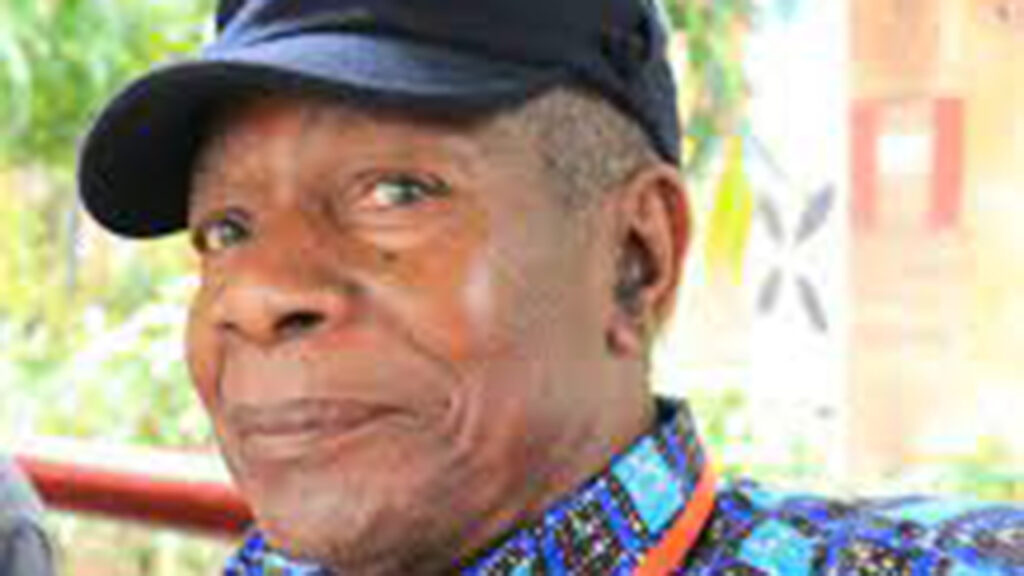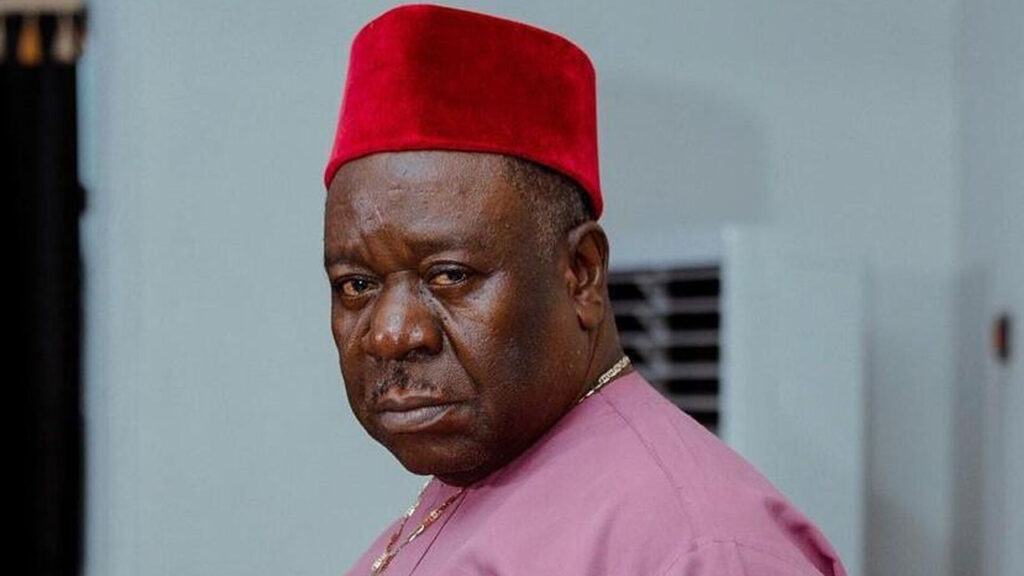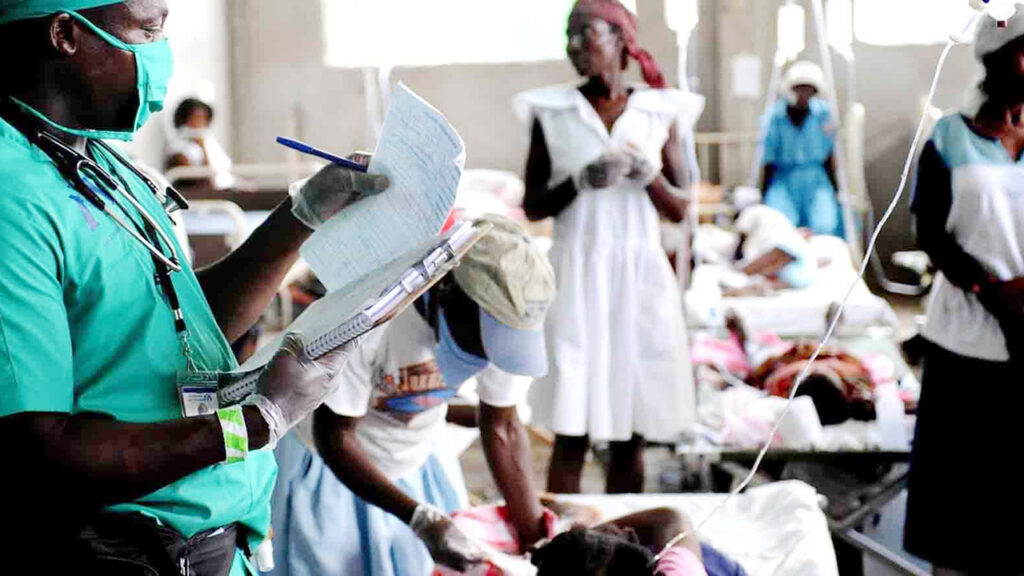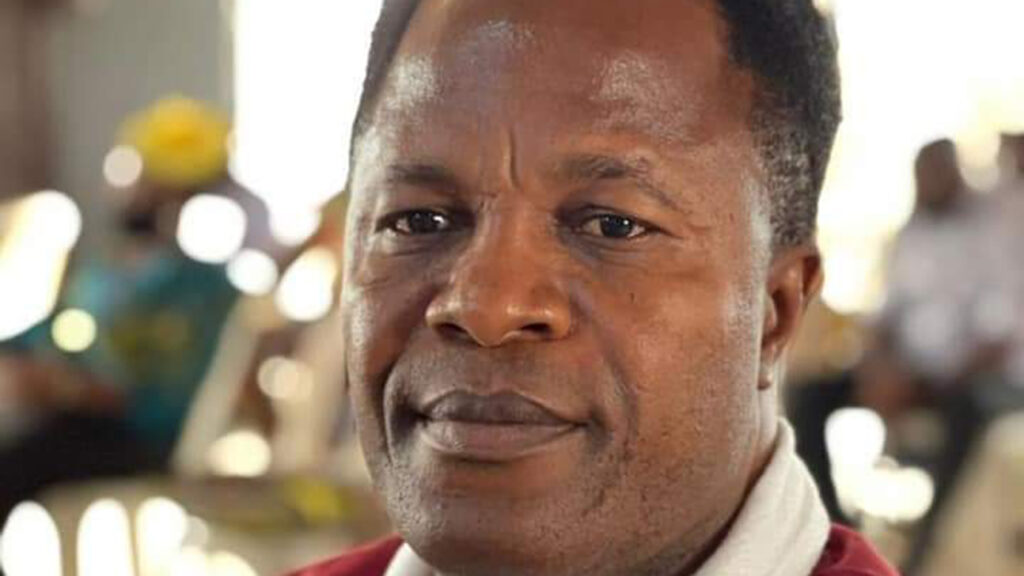
ASURF Films, in partnership with Nexthought Studios, Ifind Pictures (France), Black Mic Mac (France), Martian Network (The Netherlands), and Alma Production (Cote D’Ivoire), has announced the commencement of principal photography for the much-anticipated Pan-African film, 3 Cold Dishes.
The movie, supported by OIF/ACP and Red Sea Funds, began filming on April 8, 2023 in Lagos, followed by shoots in Cotonou on April 12 and Abidjan on April 25, continuing until the end of May 2023.
The movie features a star-studded cast, including top Nollywood actors such as Wale Ojo, Osas Ighodaro, Femi Jacobs, Ruby Akubueze, Brutus Richards, and Greg Ojefua, as well as talented Ivorian actors Fat Toure and Maud Guerard, and Senegalese actors Amelie Mbaye and Mentor Ba. This diverse ensemble showcases the best of African cinema, transcending language barriers and uniting creative talent from across the continent.
It brings to light the urgent and critical issue of human trafficking, particularly the trafficking of young girls across the Sub-Saharan region. The film delves into this harrowing topic while captivating audiences through a compelling narrative and striking visuals. This powerful cinematic experience aims to raise awareness, spark conversations, and promote change in addressing this pressing social cause.
3 Cold Dishes follows Esosa, Fatouma, and Giselle, three former female victims of sex trafficking, who have risen to become powerful players in the underground world of prostitution.
Despite being at the top of their game, their success is not enough to erase the trauma of their pasts as they are haunted by the men who sold them into slavery and will stop at nothing to make them pay.
At the unveiling of the cast in Lekki, Lagos, Director of the movie, Asurf Oluseyi said it exposes the reality across borders; it’s entertaining, an action and crime movie.
“I am a strong believer that every socially cautious film doesn’t have to be drama, for people to want to spend 200 minutes of their time in front of the screen. The film must be entertaining enough to hold them for that long, so the environment gives us that room to play.
“In terms of distribution, we hope to do limited release across cinemas in Nigeria, France, Canada and the Francophone region.
“3 Cold Dishes is an intro into the real show, the real show is an eight-part series currently developing. This is not just a film about trafficking; there are trafficking films that have been made in Africa but they tell the story differently. 3 Cold Dishes didn’t victimize the victims. Most films about trafficking from Africa just explore the story from where they were being trafficked and they pay their sponsors and come back home, and life starts all over again, but in 3 Cold Dishes, we switched the power to the girls. Another side is that it’s going to be the first-ever movie that tells the story of an African victim in the real form of it.
“I am excited to be making this, this is my day and night for the past five years and I can’t wait to share it. We hope to round up post-production by the end of July or August. We will go to the festival before the cinema release which should happen before the end of the first quarter of 2024.”
On the budget for the movie, he said: “We got a budget of $400,000 in 2020 and 70 per cent of the movie is being shot in the Franco region. As at that time, N100,000 was exchanged for 130,000 CFA but now, to get 100,000 CFA, you will have to pay N135,000. But in terms of agency, it’s important to acknowledge the support of the government of the Republic of Benin. We have the support of the Nigerian Immigration Service (NIS) because we’re moving more than 70 people across the border. We also have the support of the Nigeria Police. We have the support of the Benin border agency and the police as well, and the same for the police and immigration in Ivory Coast.”
Asked about the kind of support he got from NAPTIP, he said: “Sadly, we do not have any partnership with NAPTIP, but I won’t say they didn’t support us. We didn’t reach out because the last three years have been about the election. Also, we were able to access the $50,000 grant. We got another $50,000 from Red Sea Fund.”












